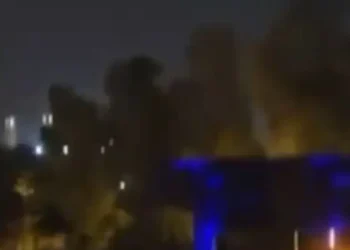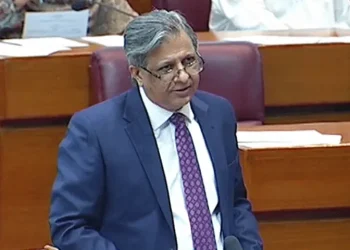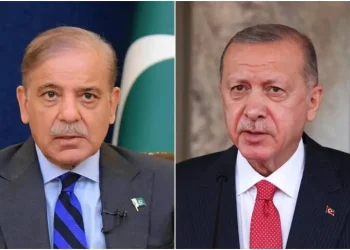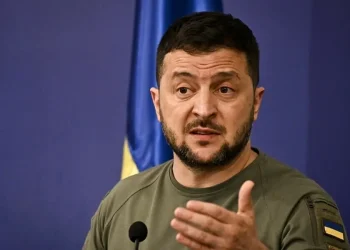Lebanon has suffered two days of seemingly random explosions of hand-held communication devices used by Hezbollah members across the country and in Syria. Analysts say this has opened a new chapter in the decades-old conflict between the two sides.
After detonations of pagers and “walkie-talkie” radio handsets across two days, the death toll in Syria and Lebanon stands at 37, with thousands injured.
In keeping with many previous attacks, Israel has yet to admit responsibility or comment on events.
In a statement shortly after yesterday’s detonations, Hezbollah said: “We hold the Israeli enemy fully responsible,” adding that Israel “will certainly receive its just punishment for this sinful aggression”.
Hezbollah and Israel have been engaged in a mostly low-level conflict since Israel launched an assault on Gaza, which has killed more than 41,000 people in ostensible retribution for a surprise Hamas-led attack on Israel on October 7.
In recent weeks, domestic turmoil, speaking directly to the political survival of Prime Minister Benjamin Netanyahu, has conspired with military pressure to confront Hezbollah and the push of 60,000 or so Israeli citizens evacuated from the north after October 7 to return home.
In late July, Israel escalated its long campaign of assassinating its opponents, killing Hezbollah commander Fuad Shukr in Beirut and Hamas’s political leader Ismail Haniyeh in Tehran almost simultaneously.
Many expected that those killings might trigger a wider regional war, one inevitably drawing Iran into a conflict that it has so far avoided. However, beyond a relatively managed exchange of fire between Hezbollah and Israel in late August, no major response has been forthcoming.
Nevertheless, according to analysts, these latest attacks eclipse previous provocations and, cutting as it does to the heart of Hezbollah, may force the retaliation that both its leadership and its allies seem to prefer avoiding.
In February, as the body count of Hezbollah operatives killed by Israel reached the hundreds, the group’s Secretary General Hassan Nasrallah instructed the group’s members to break, bury or lock away the mobile phones they had been using, describing them as more dangerous than Israeli spies.
In their place, the group imported 5,000 low-tech pagers that now seem to have been intercepted and booby-trapped as part of a joint operation by Israel’s intelligence service, Mossad, and its military.
Attacks on Hezbollah’s communication system appear designed to lever one of Israel’s principal advantages.
“Israel would have been at a disadvantage if it had launched a ground invasion of Lebanon,” Karim Emile Bitar, professor of international relations at l’Université Saint-Joseph de Beyrouth said.
A rushed operation?
“Hezbollah knows the territory better and [it] has been trained through its participation in the war in Syria.
“They are no longer purely a guerilla movement, fighting an occupation. They’re also an organisation capable of launching attacks,” Bitar continued.
“Al-Monitor’s sources emphasised that this was not the original plan nor was it the Israeli government’s preferred course of action, opting instead to save such an operation for a full-blown conflict,” Al Monitor said.
Editorials in Israeli outlets such as The Jerusalem Post, which celebrated “chaos in [Hezbollah’s] ranks”, point to heightened confidence in Israel’s military and technological superiority.
But they also hint at a degree of trepidation over the inevitable response of an opponent that has so far withstood the force of what many in Israel regard as its elite military.
However, while some of the general public may be wary, according to former Israeli ambassador Alon Pinkas, those within the political leadership who had been pushing for an assault on Lebanon would be emboldened by the attack.
“The idiots think life is a James Bond movie,” he noted by text.
“They have to retaliate,” Nicholas Blanford, an expert on Hezbollah with the Atlantic Council said of the group’s options.
“I think there’s going to be a lot of grassroots pressure from the support base, from the Hezbollah fighters,” even those not affected directly, to retaliate to what Blanford termed an “unprecedented” attack.
“That’s going to make life difficult for the leadership,” Blanford said, referring both to Hezbollah’s leadership in Lebanon and that of their ally and principal sponsor, Iran.
“The leadership doesn’t want to go to war,” he said.










 American Dollar Exchange Rate
American Dollar Exchange Rate